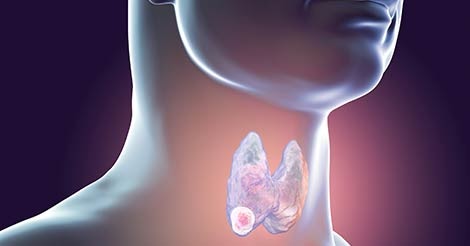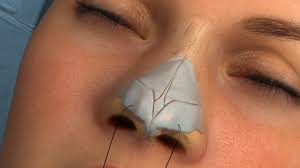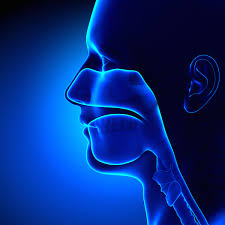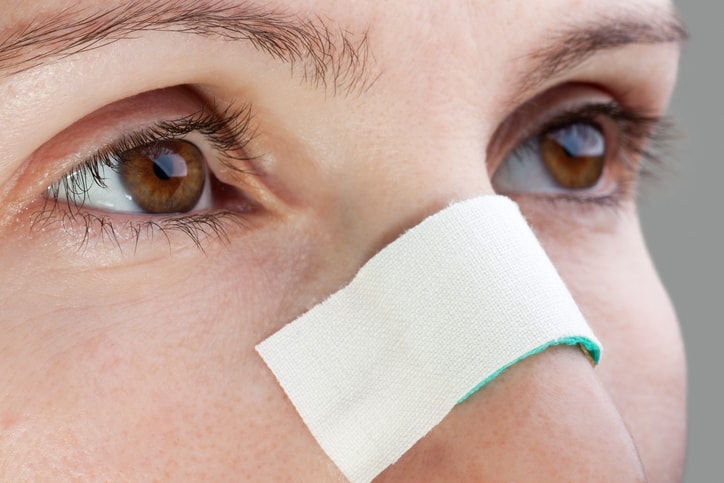Anyone who has acid reflux will tell you that it’s very uncomfortable. It often occurs at bedtime, which makes it even worse since not only are you uncomfortable, but you are now deprived of sleep. In addition to feeling a sudden, bitter taste in your mouth and the feeling you are about to vomit, acid reflux is characterized by heartburn, hoarseness, belching, and upper stomach pain.
You can visit an acid reflux doctor in Los Angeles to start trying solutions to your problem. While many choose to take medications to solve this issue, lifestyle changes can work for others to relieve the discomfort.
- Eat sparingly and slowly
You are more likely to experience acid reflux when you overeat. When the stomach is full of food, there is more substance to be forced back into the esophagus. You may want to eat a bunch of smaller meals throughout the day instead of eating three big meals a day.
- Avoid certain foods
Certain foods can trigger acid reflux. They include:
- Alcohol
- Mint
- Fatty foods
- Spicy foods
- Tomatoes
- Onions
- Garlic
- Coffee
- Tea
- Chocolate
If these foods are frequent ingredients in your diet, then you might want to eliminate them to see if it affects your acid reflux. It would be hard to delete them all at once, so you can try to eliminate them on a case-by-case basis. This can take up to a few months.
- Don’t drink carbonated beverages
Carbonated drinks make you belch, and that can send acid into the esophagus. If you have acid reflux, it’s a good idea to cut out any carbonated drinks.
- Stay up after eating
Lying down after eating can trigger acid reflux. Standing or sitting can help keep acid in the stomach, so staying up after you eat for at least three hours can help minimize your discomfort. This also applies to your sleep schedule. Try not to nap after lunch.
- Don’t workout too hard
Vigorous exercise within a few hours after eating can upset your stomach. While an after-dinner walk can help with digestion, a strenuous workout, like HIIT or cycling can give you more acid reflux.
- Sleep on an incline
Lying down can help trigger acid to be sent into the esophagus. Try propping yourself up on a few pillows so that your head is elevated 6-8 inches above your legs. You can also buy a wedge-shaped pillow to make this elevation more graduated.
- Lose weight if it’s advised
Being overweight is a factor in many acid reflux cases, so losing a few pounds, especially if it’s in the neck area, can help your reflux.
- Stop smoking
Nicotine can relax the throat muscles and trigger acid reflux. Many find that quitting smoking reduces their acid reflux.










